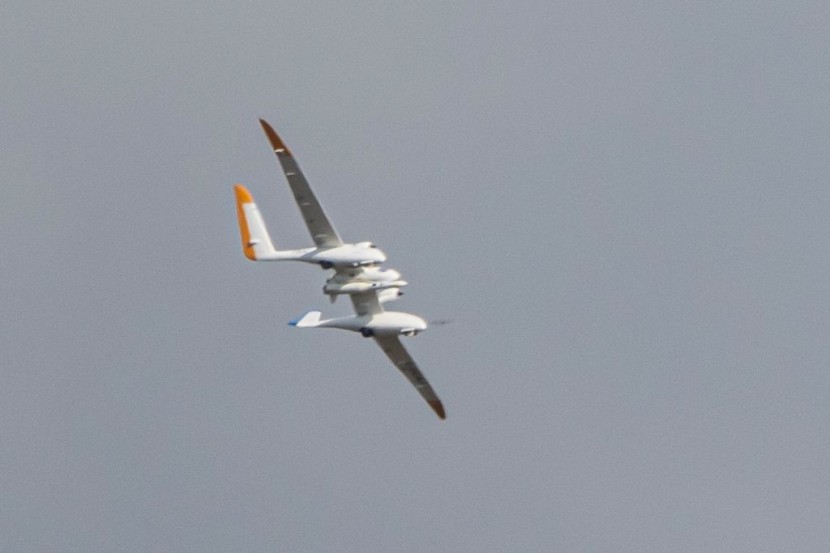The European Union had made a deal to set binding targets for EU airlines to increase their use of sustainable aviation fuels that will help start a market for green fuels. Moreover, this will cut the aviation sector's carbon footprint.
The proposal will increase the demand and supply of Sustainable Aviation Fuels (SAF), which have net-zero CO2 emissions or low carbon emissions. Currently, these fuels are produced in small quantities and are more expensive the CO2-emitting fossil kerosene, according to Reuters.
This proposal will set binding targets for aviation fuel suppliers to ensure that all are made available to aircraft operators at EU airports with a minimum share of SAFs from 2025, with the target increasing to 2050.
Decarbonizing the Aviation Sector
The aviation sector is responsible for around 12% of global CO2 emissions, and its carbon footprint is expected to triple by 2050 if no action is taken. The EU's proposal is part of its efforts to decarbonize the aviation sector and achieve its goal of net-zero emissions by 2050.
In addition to setting binding targets for SAFs, the proposal also includes measures to promote investment in the production and distribution of green fuels, such as tax incentives and funding for research and development.

The aviation industry has welcomed the proposal, with airlines and manufacturers committing to investing in the development and use of SAFs. However, some environmental groups have criticized the proposal, arguing that it does not go far enough to address the aviation industry's carbon footprint and calling for more ambitious targets.
The proposal is a step towards a more sustainable aviation industry and a reduction in global CO2 emissions.
The aviation sector has been under increasing pressure in recent years to reduce its carbon emissions and take steps towards sustainability. The industry's reliance on fossil fuels such as kerosene means that it is a significant contributor to global greenhouse gas emissions, which are driving climate change.
A Growing Awareness
One of the main ways that the aviation sector can reduce its carbon footprint is through the use of sustainable aviation fuels (SAFs). These are alternative fuels made from renewable sources, such as plant matter or waste products, which emit significantly less CO2 than traditional fossil-based fuels.
While SAFs have been available for some time, their high cost and limited availability have meant they are not yet widely used by airlines. However, with growing awareness about the urgent need to address climate change, there has been a renewed push towards developing more affordable and accessible SAFs.
The EU's proposal represents an important step forward in this effort. By setting binding targets for the use of SAFs over the next decade, it provides much-needed certainty for investors and producers in this emerging market. It also sends a clear signal to airlines that they must start taking action now if they want to remain competitive in an increasingly environmentally conscious world.
Related article: Ukrainian, Russian Insurance for Ships and Planes Are on High Risk, Industry Sources Say
© 2025 HNGN, All rights reserved. Do not reproduce without permission.








